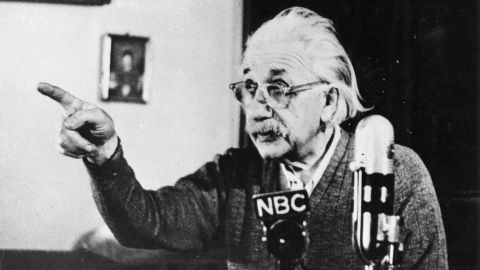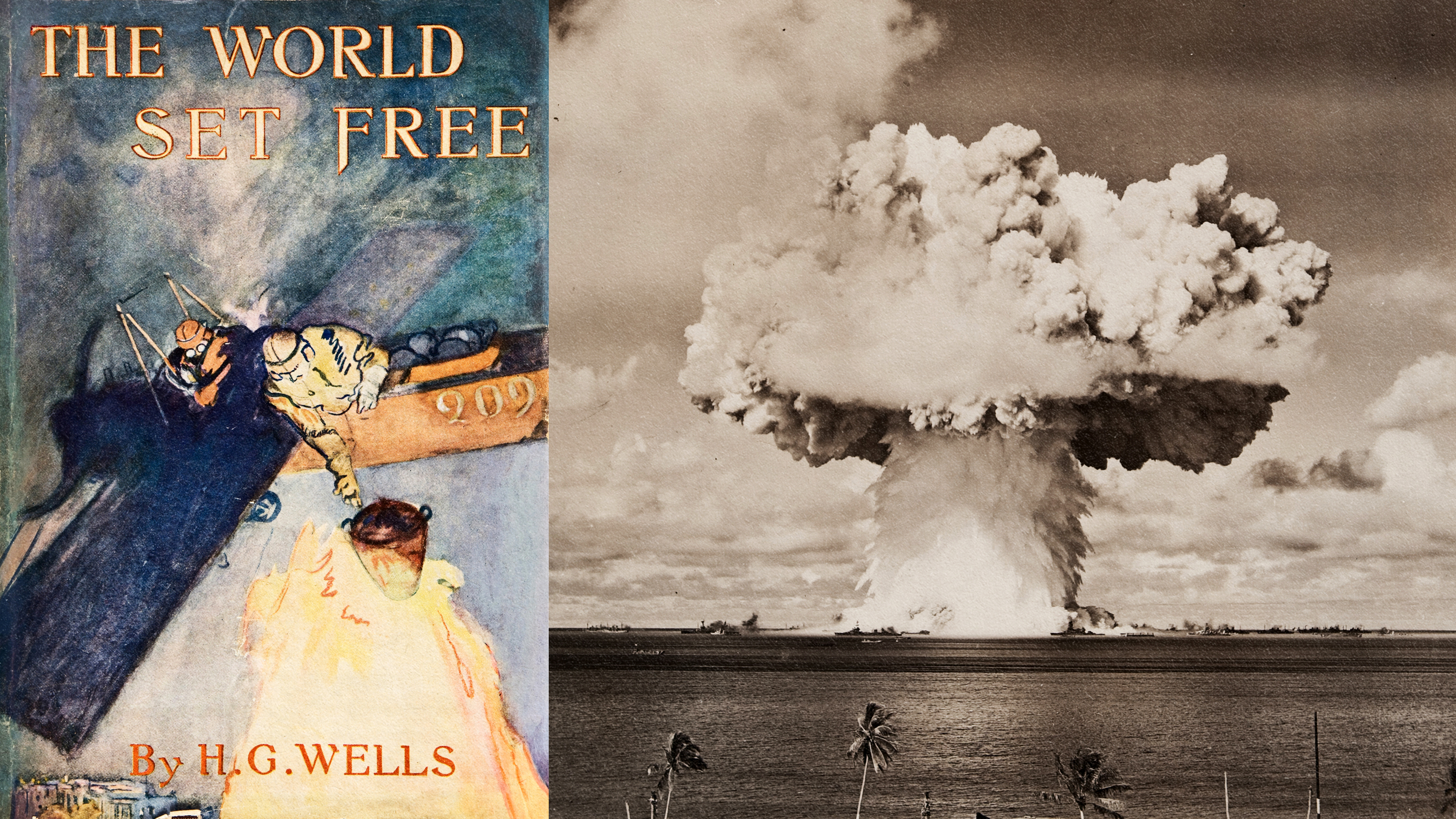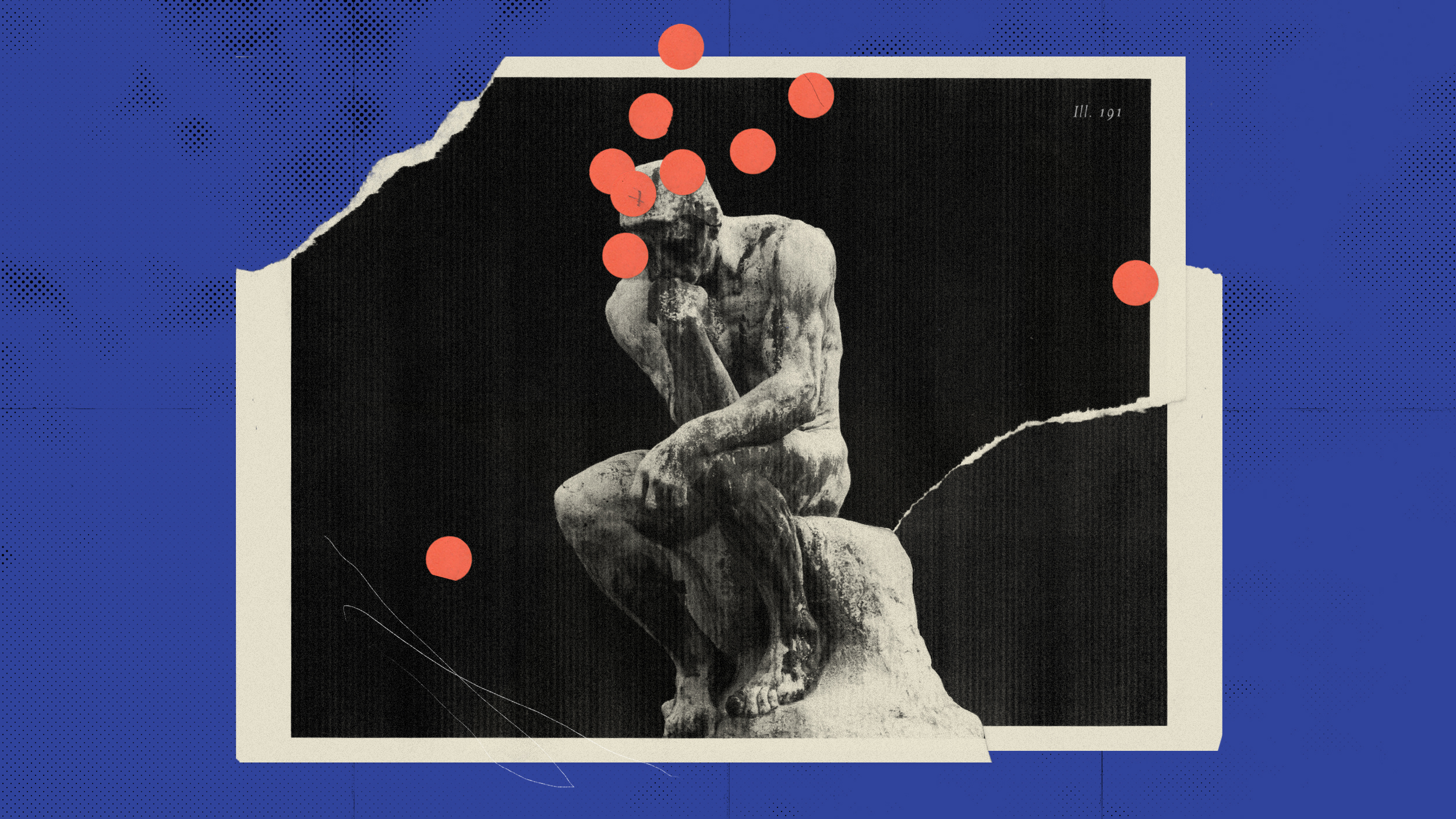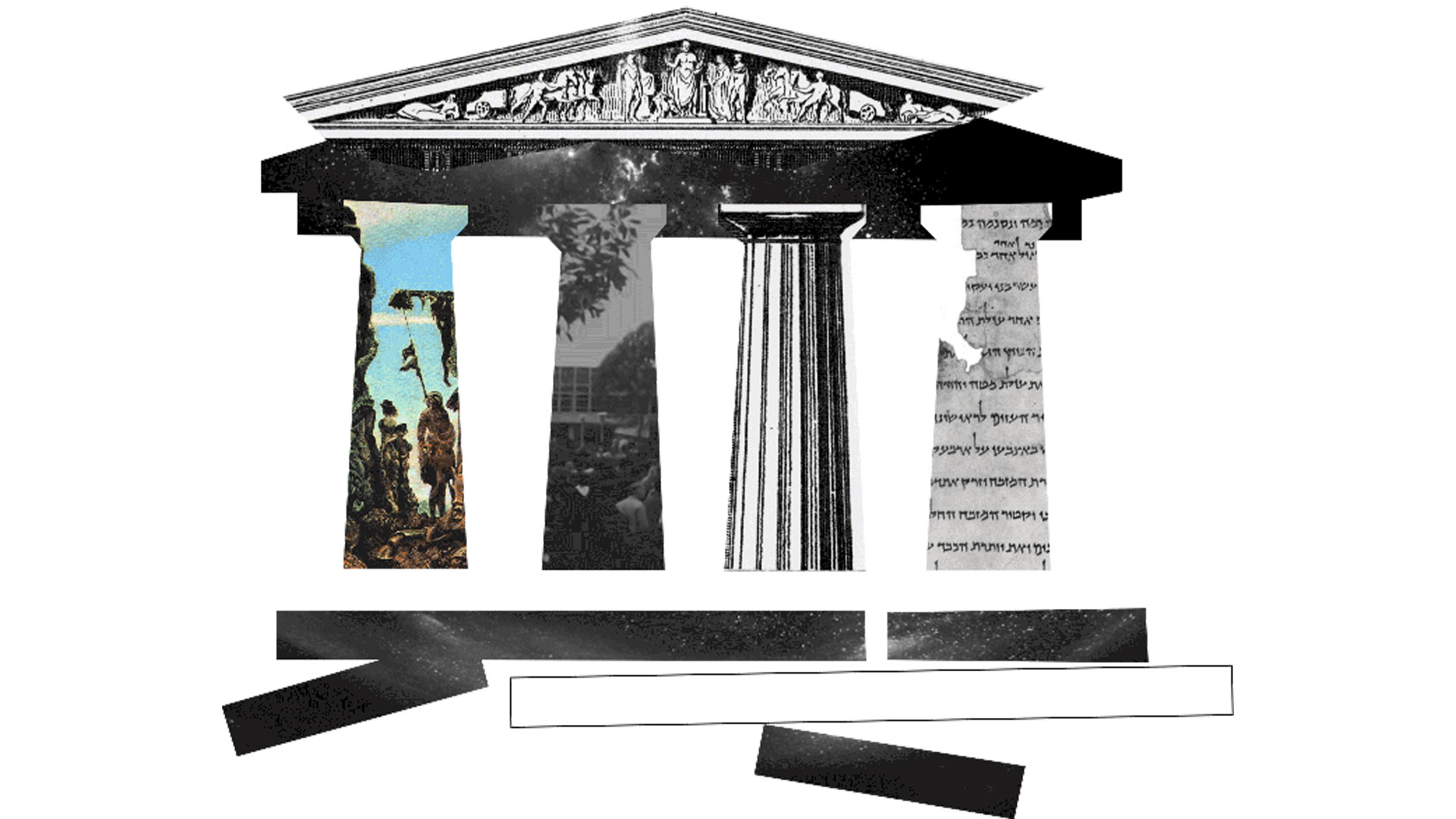We need Albert Einstein’s political ideas now more than ever

Humanity As One
One of Einstein’s most important views of the world that stayed with him throughout his life? Internationalism and the connectedness of all humans.
That, and many other concepts and precepts, defined Einstein’s life beyond that of being a theoretical physicist, and they’re clearly laid out with a plethora of historical citations and references in the 2016 book Einstein and Twentieth-Century Politics: ‘A Salutary Moral Influence.’
Remember that he was born in an era where some cultures of the world were just beginning to be explored and understood. As we discovered more of the world, we began to be less… intolerant of others. That was a good thing, and Einstein tried to embrace it.

But even when it came to, for example, Russia’s evolvement into the Soviet Union after the Bolshevik Revolution, there were some intellectuals who welcomed it — especially as an alternative to Western Capitalism. Einstein was one of them. He didn’t necessarily suggest that they were on the right track, per sé, but at least, an alternative track worth studying — especially as the United States hit the Great Depression and the concept that raw capitalism might not be the best for human beings took hold.
He wasn’t about totalitarianism, though — more the egalitarianism that was embodied in people such as Ghandi, whom he regarded as his most supreme moral compass. And he was fully committed to democracy.
That egalitarianism even extended to his views on economic and political systems; in a piece written in 1949 entitled, “Why Socialism?” he hit the nail on the head of what was then clearly emerging about capitalism (and what we are now witnessing becoming even more extreme):
“The result of these developments is an oligarchy of private capital the enormous power of which cannot be effectively checked even by a democratically organized political society. This is true since the members of legislative bodies are selected by political parties, largely financed or otherwise influenced by private capitalists who, for all practical purposes, separate the electorate from the legislature. The consequence is that the representatives of the people do not in fact sufficiently protect the interests of the underprivileged sections of the population. Moreover, under existing conditions, private capitalists inevitably control, directly or indirectly, the main sources of information (press, radio, education). It is thus extremely difficult, and indeed in most cases quite impossible, for the individual citizen to come to objective conclusions and to make intelligent use of his political rights.”
The Arms Race and Nuclear Weaponry
Over the course of his lifetime, he watched as some of his scientific theories assisted with development of the first atomic bombs that were used in Hiroshima and Nagasaki. While he had nothing to do with the actual development of those weapons — he was prevented from actually working on them because of his political views — he was considered a security risk because of his left-leaning views.
But he did write to Franklin Delano Roosevelt in 1939 to warn FDR about the Nazis developing such weapons, which was a very real possibility and threat; Hitler would not have hesitated to use such weapons on anybody or any country considered to be an enemy.
That is what spurred the United States to actually begin working on developing its own atomic bomb, which was detonated on August 6, 1945 over Hiroshima, Japan, and then Nagasaki. Upon hearing the news, Einstein declared, “Woe is me.”
In fact, when asked later why he “cooperated” in the development of the atomic bomb — even though the extent of his cooperation was in developing the equation E=MC² and writing FDR about the danger of the Nazis getting it first — he told Newsweek, “had I known that the Germans would not succeed in developing an atomic bomb, I would have done nothing.”
Ever the pacifist, as he watched the arms race between the United States and the Soviet Union escalate dramatically and, concurrently, the development of the hydrogen bomb, he became increasingly concerned about the future of human beings. He signed onto what was to become known as the Russell-Einstein Manifesto, which was released by Bertrand Russell a few months after his death. It called for scientists to meet and assess the dangers to the survival of humanity posed by such weapons of mass destruction — and it called for the conversation to include all people and governments. The phrase that was most often quoted from it after its release?
Remember your humanity, and forget the rest.
It was to be the final document attributed to Albert Einstein.
In the end, the basis of Einstein’s political and philosophical ideas throughout his life — especially as he became a popular public figure and had a public stage of sorts — were, as the book declares:
“A lifelong passion for peace… hatred of narrow nationalism … and commitment to internationalism.”
—





